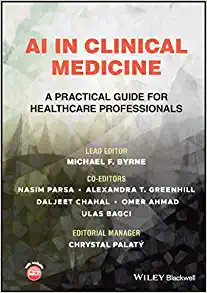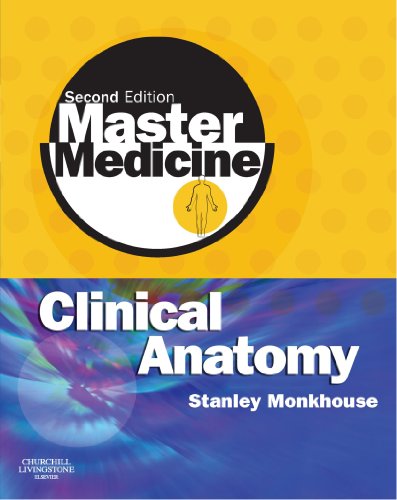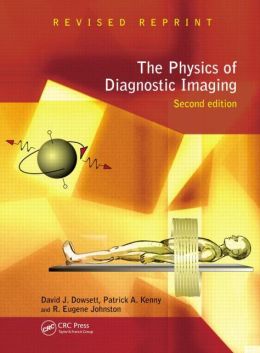-68%
AI in Clinical Medicine: A Comprehensive Guide for Healthcare Practitioners
Artificial intelligence (AI) is rapidly revolutionizing the healthcare landscape, offering transformative possibilities for clinical medicine. This comprehensive guide delves into the practical aspects of AI application, empowering healthcare professionals with a profound understanding of its capabilities, implementation strategies, and ethical considerations.
Part 1: Unveiling the Foundations of Clinical AI
This introductory section establishes the conceptual underpinnings of AI in clinical medicine. It elucidates key vocabulary, provides a structured framework for understanding AI, and underscores the crucial need for robust training for physicians in this emerging domain.
Part 2: Delving into Foundational Concepts
Building upon the foundation established in Part 1, this section explores the pivotal concepts that shape AI in clinical medicine. It traces the historical evolution of AI, examining its trajectory and the advancements that have led to its present applications.
Part 3: AI in Action: Discipline-Specific Applications
This section delves into the practical implementation of AI across various clinical disciplines. It examines how AI is harnessed to enhance diagnostic capabilities, improve patient outcomes, and streamline healthcare processes. specific examples include:
- Radiology: AI algorithms analyze medical images with unparalleled efficiency and accuracy, aiding in early disease detection and personalized treatment planning.
- Pathology: AI-powered systems automate tissue analysis, reducing diagnostic errors and providing valuable insights for pathologists.
- Dermatology: AI assists in skin lesion classification and monitoring, facilitating timely diagnosis and effective intervention.
- Endoscopy: AI-enabled systems enhance endoscopic procedures, providing real-time guidance and enabling more precise interventions.
- Robotics: Robotic surgery systems, guided by AI algorithms, offer increased precision, reduced invasiveness, and improved patient recovery.
- Virtual Reality: AI-driven virtual reality (VR) simulations enhance surgical training, provide immersive patient experiences, and facilitate remote medical consultation.
Part 4: The Future of AI in Clinical Medicine
This section explores the emerging trends and future applications of AI in medicine. It envisions a healthcare landscape transformed by AI-powered diagnostic tools, personalized treatment plans, and automated administrative processes.
Key Features:
- Case studies of successful AI implementations across various medical domains.
- Practical guidance on AI implementation in healthcare settings.
- Exploration of ethical, regulatory, and privacy concerns associated with AI in clinical medicine.
- Learning objectives, clinical vignettes, and examples to enhance understanding.
Target Audience:
This comprehensive guide is an indispensable resource for healthcare professionals across all disciplines, from medical students and clinicians to academics and policymakers. Its multifaceted approach provides a deep understanding of AI’s impact on clinical medicine, empowering readers to harness its transformative potential for improved patient care, streamlined workflows, and a healthier future for all.










Reviews
Clear filtersThere are no reviews yet.